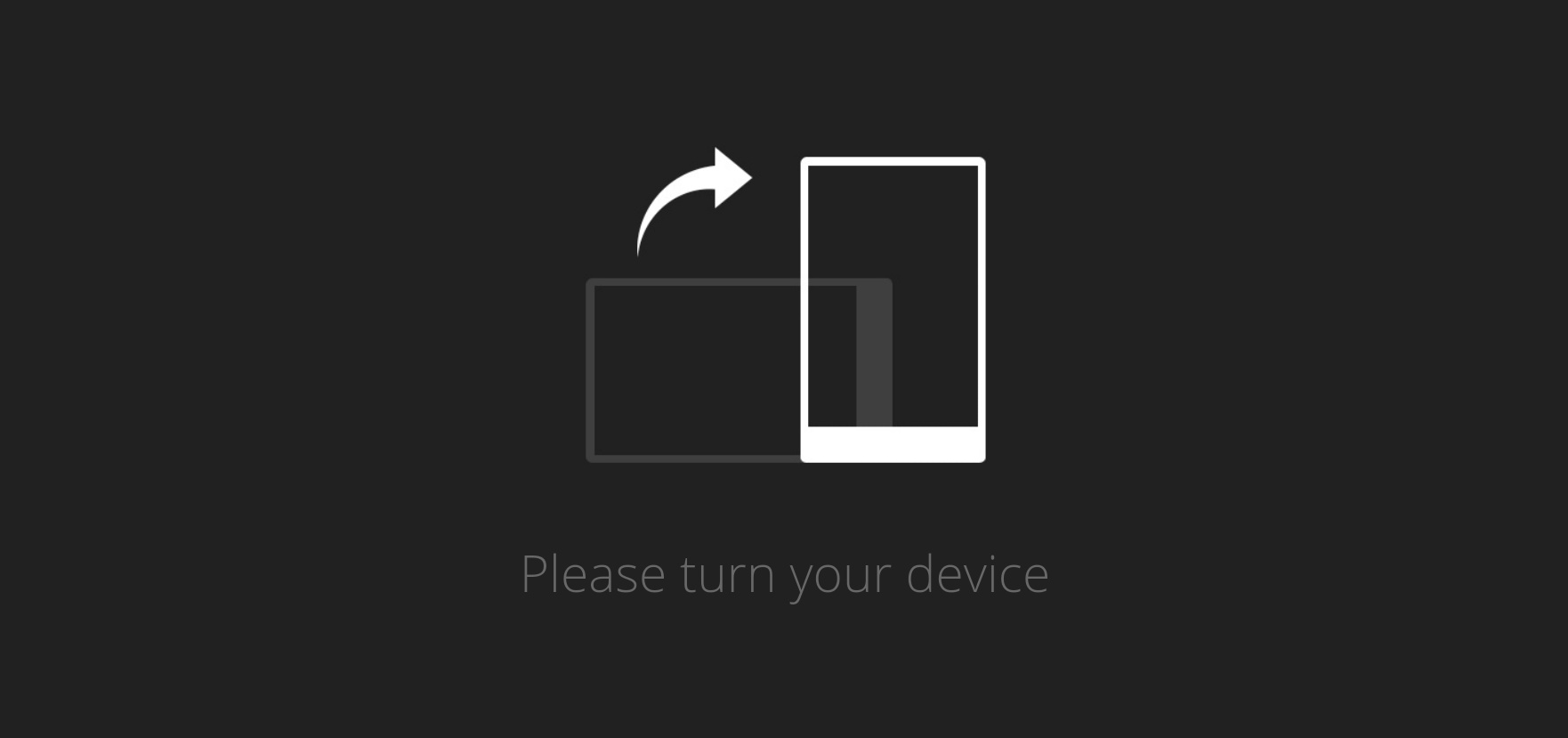
Your Guide To Breaking Up With A Toxic Friend
We all know breakups suck. There’s nothing worse than saying goodbye to someone you once loved, whether it’s romantic or platonic.
While romantic breakups are often talked about and we all know the usual tips for how to try and get over an ex, it can be a different, and sometimes more complicated situation, when the person you’re breaking up with is a friend.
Whether you’ve grown apart, had a fight that can’t be reconciled, or perhaps some boundaries have been broken that just couldn’t be restored, breaking up with a friend can be painful and hard to get over.
“A friend ghosted me after 10 years of friendship,” a Punkee reader told us. “She just dropped off the face of the planet, we were in like a BFF group of four and she just decided she hated all of us and stopped all comms.”
Getting over being ghosted by a friend took time.
“I suddenly had to relearn life without one of the most prominent people in it. I had to sit on my hands when I automatically wanted to send in a check-in text, or not go to certain areas I knew she hung around in. It was especially painful seeing her post on her stories hanging out with new friends. It honestly felt like a breakup. It was heartbreak without closure that hurt so much in a different, somewhat deeper way to a romantic partner. To this day, I still don’t know what happened or why she turned on us.”

While ghosting sucks, the end of a toxic friendship can also cause a lot of drama in people’s lives.
“I had a friend who I had been friends with since primary school. We were good friends on and off through school, but ended up being best friends after high school. While they were a good person, the communication was always uneven – if I didn’t reach out to them, or make plans, they never would,” an anonymous person told us.
“It got to a stage where I would refuse to message them just to see if they messaged me, and they didn’t. Yet when I called this out, they would always just say that’s just the way they are, like being aloof and disinterested was just their personality. Ultimately, I decided a friendship should be a two-way street, and it was unfair for me to put so much energy into a friendship when I never received the same back.”
“We had a big blow-up and I probably could have mended it, but I decided to stop messaging them, and as expected, they put no effort into reaching out to me. That was the end of it.”
It can be hard trying to figure out when to cut a friend out of your life and the situations are often murkier than just your standard relationship breakdown.
We chatted to Andrew Forster, a Lecturer in Counselling from the Australian College of Applied Professions, to get advice on how to navigate the tricky friendship breakup.
On knowing when it’s time to break up with a friend:

“Friendships, like relationships, can be extremely complicated. It is not always going to be happy and positive. This means you may need to communicate through difficulties and try to resolve issues with kindness.
It is important not to make the decision to ‘break up with a friend’ lightly. You and your friend have likely been through many highs and lows and have each invested significant time with each other. You certainly thought they were someone worthy of your time at some point. You must be sure. If you have gotten to this point where you must ask this question, it suggests you have some misgivings about the friendship and perhaps there have been some problems that cannot be resolved or forgiven.
The big red flags for a breakup in a friendship are if your friend is physically, emotionally, or mentally hurting you. This is the behaviour of a bully, not a friend. If your friend will not apologise when you have been hurt by them and you have called them out, it may be time to leave. This may not be a friend who respects or values you. Perhaps your friend is not aware of your feelings or respect your opinions as an equal. That is not a friend.
You have the right to feel safe and valued in your friendships. If this is not happening, then perhaps it is a good time to cut ties.”
On the best (and worst) way to break up with a mate:
“Meet with your friend in a neutral public place. Sit down and communicate with them. It is useful to prepare and practice what you may say in advance.
Use ‘I’ language, for instance, ‘I feel that you hurt me when…’ or ‘I think you do not respect me when…’
Be prepared for your friend to be hurt. They may not have seen this coming. Your friend may be defensive, or even angry and it is important to try and remain calm, not raise your voice or engage in tit-for-tat arguments. Stay committed and do not back down. You have made this decision for a reason and should stay true to yourself.
The worst way to break up with your friend is to ghost them. Not taking your friend’s calls, skipping planned events, and removing yourself from your wider circle of friends is likely to make you feel more isolated. Discussing your concerns with mutual friends is also likely to exacerbate the issue, as well as it is possibly going to get back to them before you have the time to address it directly. Try to avoid texting, emailing, or getting involved in a public social media spat.”

On the methods two friends should try before calling time on the friendship:
“It is important to normalise addressing conflict in a healthy manner with open communication as part of your friendship.
Often we feel that our friends have an innate understanding of what we are thinking and feeling because we are so close. Surely, your friend knows how you feel because of how long you have known them? But mind reading is impossible. When people are close, they often get a vibe about another person’s feelings or thoughts because of a mix of experience, perspective, and sense of how a person has reacted in the past. Sometimes this vibe is off, and people ignore issues because it is easier not to deal with them.
It is important that when there is conflict in a relationship that it is addressed as soon as possible. Don’t let it build up – explore how each of you are feeling and thinking. Unresolved conflict leads to underlying resentment which often resurfaces during future conflicts.
Be mindful of your friend, we don’t always know what others are going through. Support them when discussing the issues in your friendship. Take on their perspective and be empathetic without losing your own values.”
On the best way to move on from a broken friendship:
“Like the end of any relationship, it is important to take time for yourself and take stock of how you are feeling. Recognise that while you may have had good reasons to break up with your friend, that you will feel a sense of loss, or even guilt that the relationship could not be repaired.
You might feel that you just want to be alone, and it is perfectly okay to take some time out from socialising but try not to isolate yourself completely. It is always a good time to reinvent yourself. It might be a good opportunity to take on a new hobby or skill.
Avoid ruminating about what happened with other friends and family. You may find it useful to debrief with someone after you have the breakup conversation with your friend, but revisiting what happened over and over simply prolongs the process.
In the end, it is about owning your own behaviour, but not taking responsibility for that of others. Be compassionate to yourself. This is the key to good mental health and will help you to move forward.”
